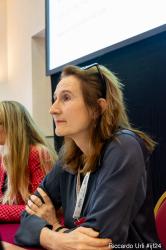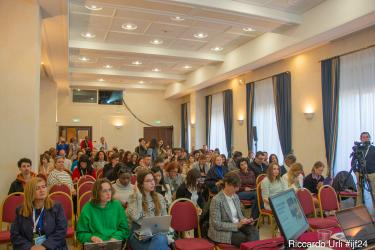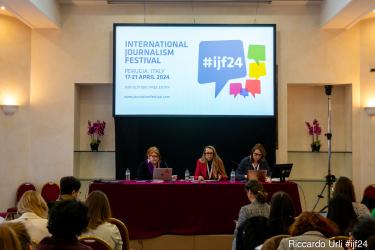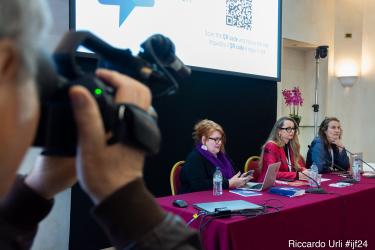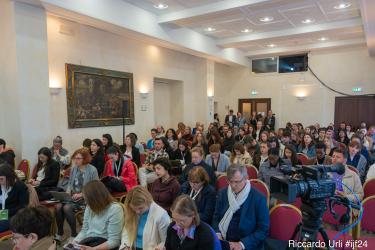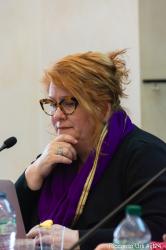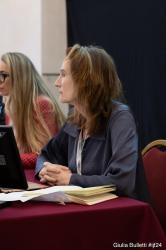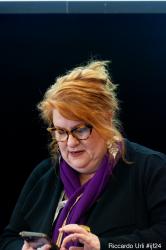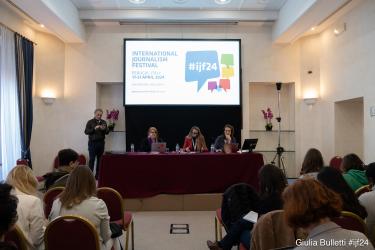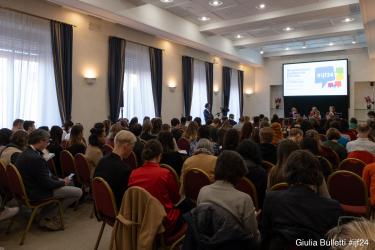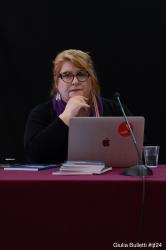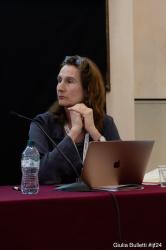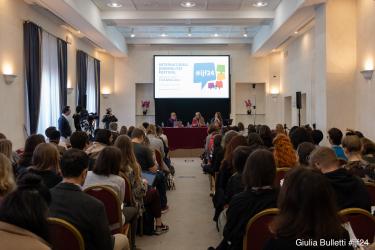Safety of journalists lies at the core of the OSCE Representative on Freedom of the Media’s (RFoM) mandate as part of both the early-warning and rapid response function, and to support participating States. Freedom of expression and a pluralistic media landscape can only be achieved through diverse voices, including the ones of women journalists. The increased number of journalists being targeted within the OSCE area is indicative of a growing danger for, and discrimination against, journalists – and a threat to media freedom and freedom of expression in general – as well as the urgent need to counter such a worrisome trend. The Decision on the Safety of Journalists adopted at the OSCE Ministerial Council in Milan in 2018 recognizes that the work of journalists can put them at risk of violence, intimidation and harassment, which can deter them from carrying out their work or lead to self-censorship, thereby having a negative effect on media freedom and media plurality. OSCE Ministerial Council Decision further recognizes that targeted campaigns undermining the work of journalists are increasing, eroding public trust and confidence in the credibility of journalism, which in turn can increase the risk of threats and violence. It also recognizes the need to effectively address the concerns of women journalists, and that safety entails physical, legal, political, technological, economic and other aspects.
In a panel discussion with three speakers and a moderator, we will present the work carried out by the Office of the OSCE Representative on Freedom of the Media in the area of journalists’ safety. We will present two relevant resources for strengthening the safety of journalists as an essential element of media freedom: the newly developed Safety of Journalists Toolbox and the Guidelines for monitoring online violence against female journalists. The idea is to have a short introduction on the Toolbox presenting its purpose, what it entails and how it could still be developed by the moderator. Renate Schroeder from EFJ will set the scene, identifying persisting challenges and new risks to the safety of journalists and highlighting good national and international/regional practice examples and initiatives. Afterwards, the moderator would move on to Julie Posetti, the author of the OSCE Guidelines for monitoring online violence against female journalists, who will provide a short background introduction, as well as the rationale behind and importance of the Safety of Female Journalists Online (SOFJO) project under which the monitoring guidelines have been developed, discussing concrete ways needed to empower and protect women journalists from gender-based online violence. The event will conclude with a question-and-answer session, allowing participants to share their own perspectives and experiences.
Sponsored by OSCE.



